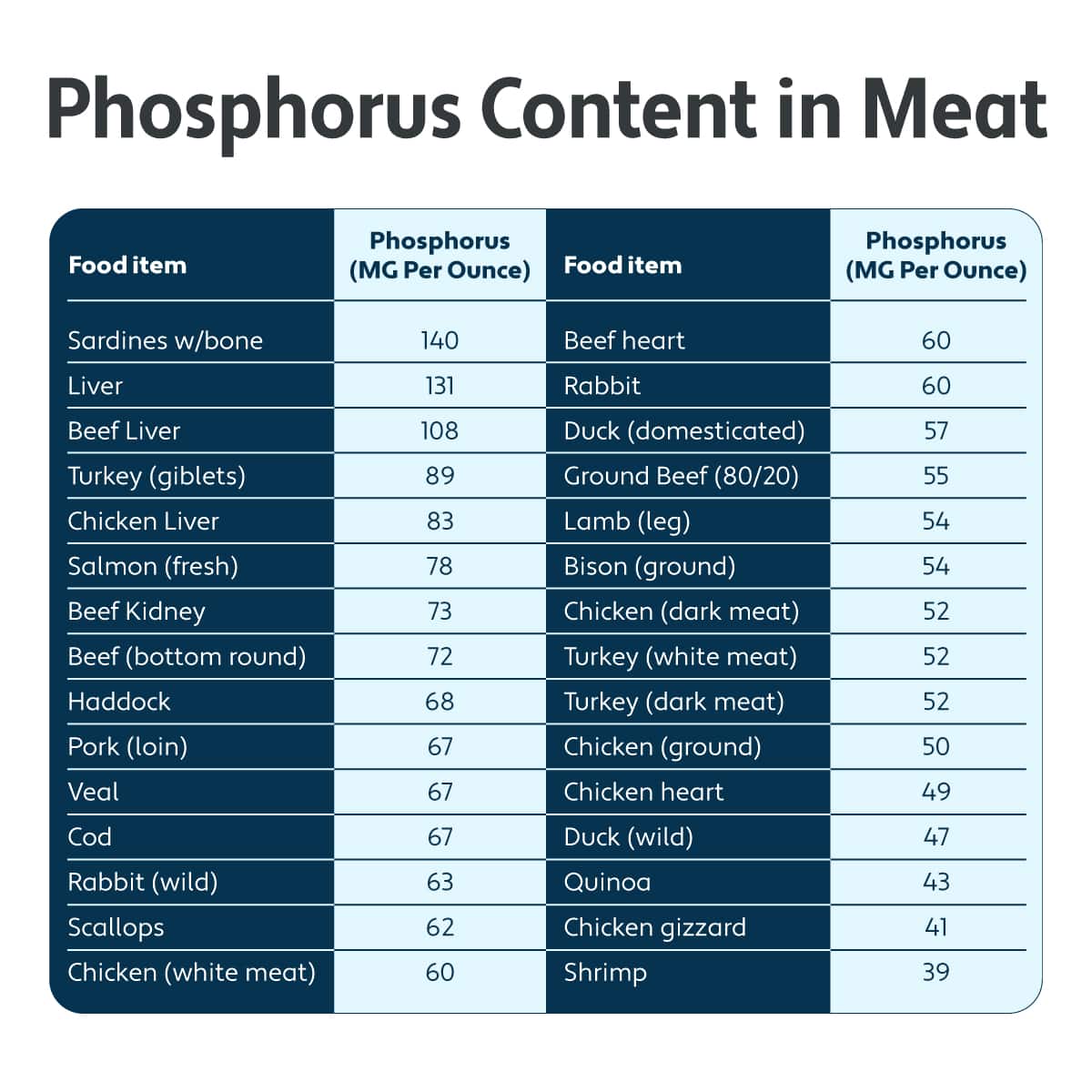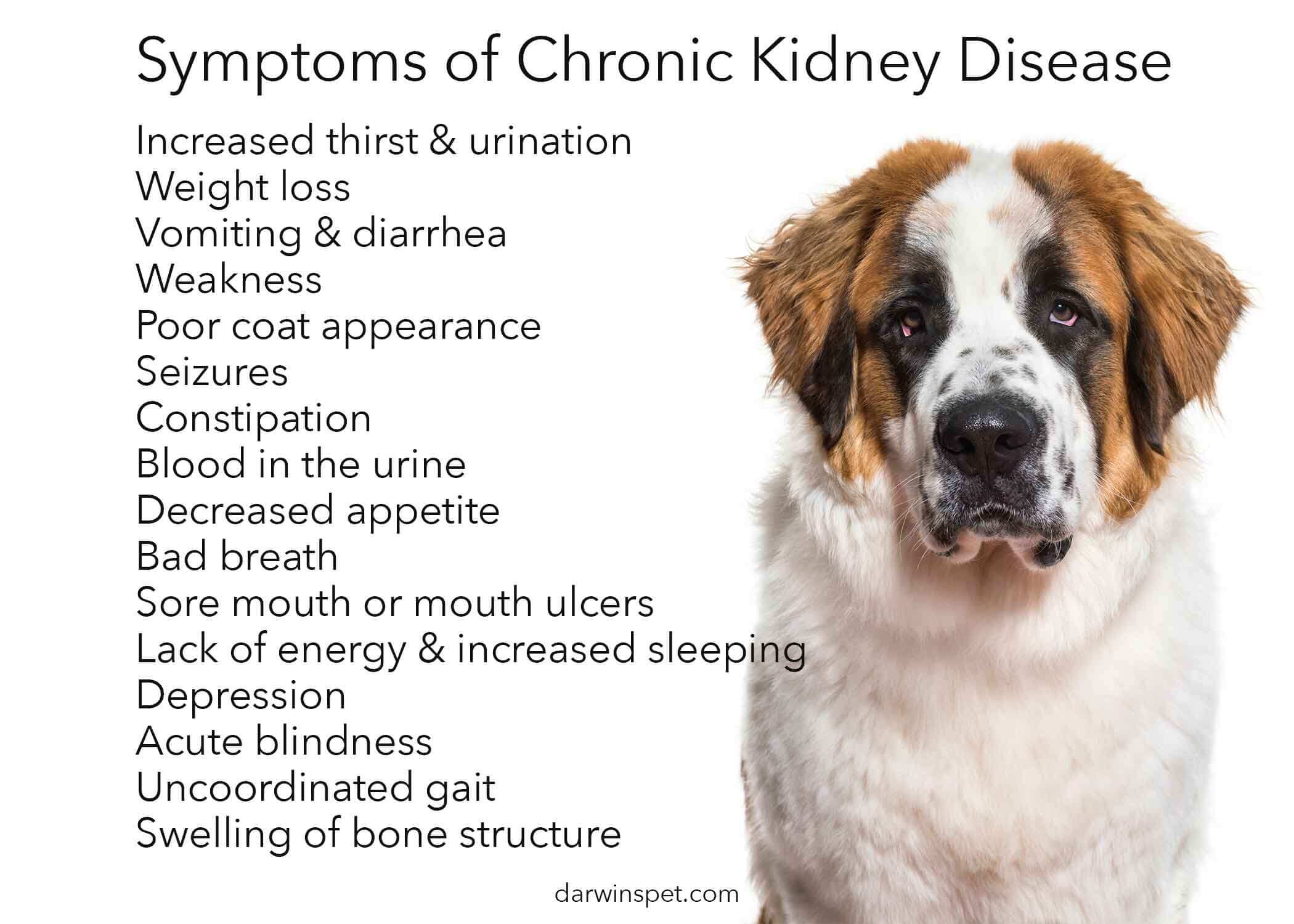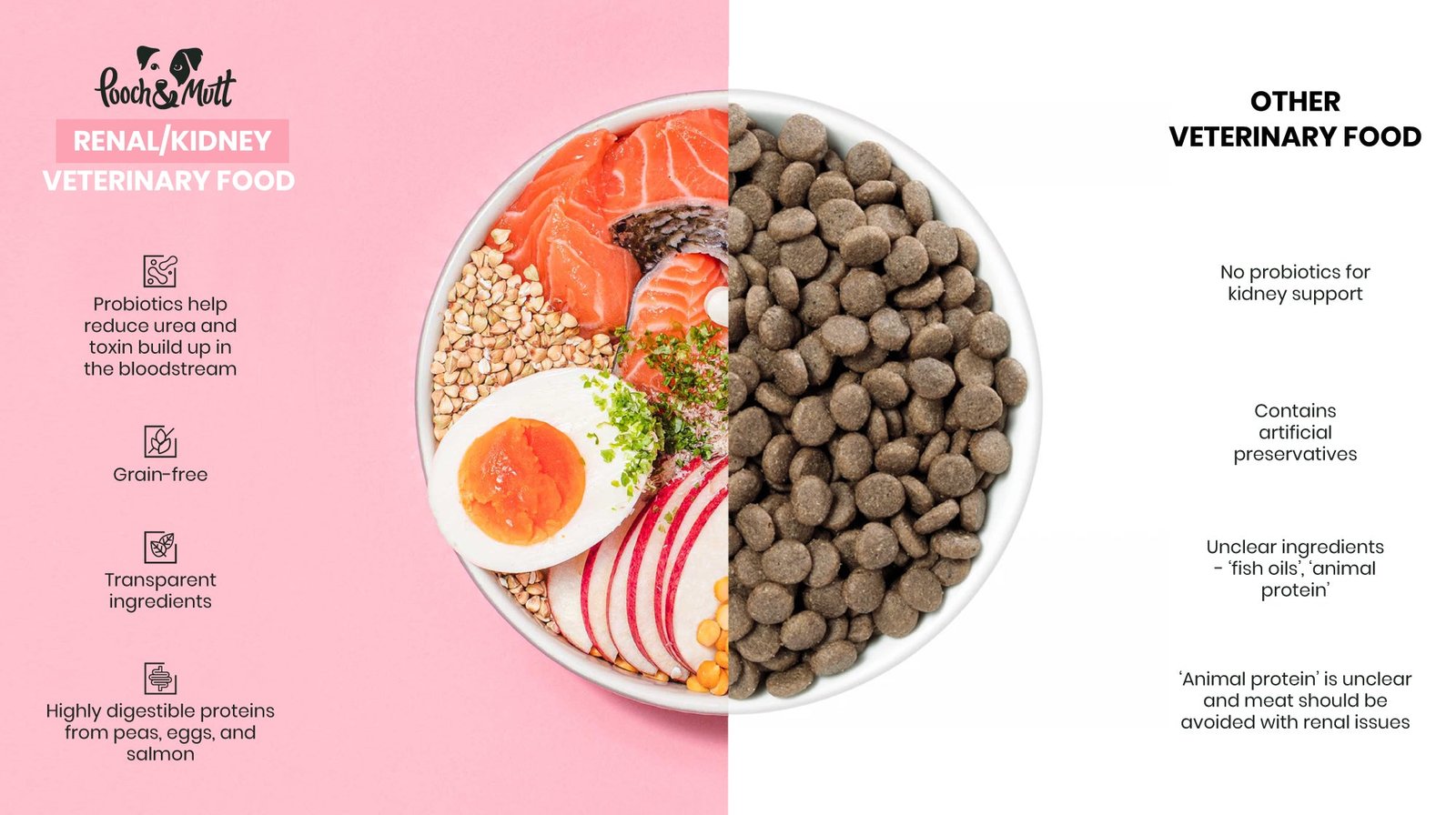Proper nutrition plays a crucial role in managing kidney disease in dogs. When a dog is diagnosed with kidney disease, it’s essential to adjust their diet to support their kidney function and overall health.

Credit: www.dogsnaturallymagazine.com
Best Foods for Dogs With Kidney Disease
Feeding a dog with kidney disease requires careful consideration of the ingredients to ensure they receive the necessary nutrients while reducing the workload on their kidneys.
- Low Protein Diet
- Low Phosphorus
- Low Sodium
- High Fiber
- Moisture-rich or Wet Foods
Tips to Improve a Dog’s Kidney Function
Along with the proper diet, there are several other steps you can take to improve your dog’s kidney function:
- Ensure Adequate Water Intake
- Manage Protein Intake
- Control Sodium Levels
- Avoid High Phosphorus Content
- Incorporate Natural Treatments

Credit: www.darwinspet.com
Recommended Foods for Dogs With Kidney Disease
| Food Type | Additional Info |
|---|---|
| Wet Foods | Help maintain hydration levels |
| Low Protein Diets | Reduce kidney workload |
| High Fiber Options | Support digestive health |
Diet Suggestions for Dogs With Kidney Disease
It’s crucial to provide a balanced and nutritious diet for dogs with kidney disease. Here are some recommendations:
- Add Water or Low Sodium Broth
- Try Small Treats like Carrots or Green Beans
- Avoid High Phosphorus Foods
- Consider Homemade Recipes or Specialized Diets
Frequently Asked Questions For What To Feed Dogs With Kidney Disease
What Food Is Good For Dog With Kidney Disease?
Feed dogs with kidney disease a low-protein diet to reduce toxic build-up in the blood. Manage protein, sodium, fiber, and phosphate levels carefully in their food. Additionally, consider occasional treats like carrots and green beans for a healthy balance.
How Do I Improve My Dogs Kidney Function?
To improve your dog’s kidney function, follow these steps: 1. Provide water, vital for kidney health in pets. 2. Manage protein intake to prevent toxic buildup in the blood. 3. Reduce sodium content in your dog’s diet. 4. Ensure good levels of fiber.
5. Decrease phosphate content in their food. By following these guidelines, you can support your dog’s kidney health and overall well-being.
Why Do Dogs With Kidney Disease Not Want To Eat?
Dogs with kidney disease may have reduced appetite due to buildup of toxins in the blood affecting their taste and smell.
How Can I Treat My Dogs Kidney Disease At Home?
To treat your dog’s kidney disease at home, provide a low-protein diet to slow disease progression. Choose food low in phosphorus, calcium, and sodium to stabilize kidney enzymes. Consider natural treatments such as adding water, tuna juice, or low-sodium broth to increase flavor and acceptance.
Opt for wet foods over dry options.
Conclusion
Feeding a dog with kidney disease requires a tailored approach to meet their specific dietary needs. By following the right guidelines and consulting with your veterinarian, you can help manage your dog’s condition and improve their quality of life.

